Recent posts
Shop the article
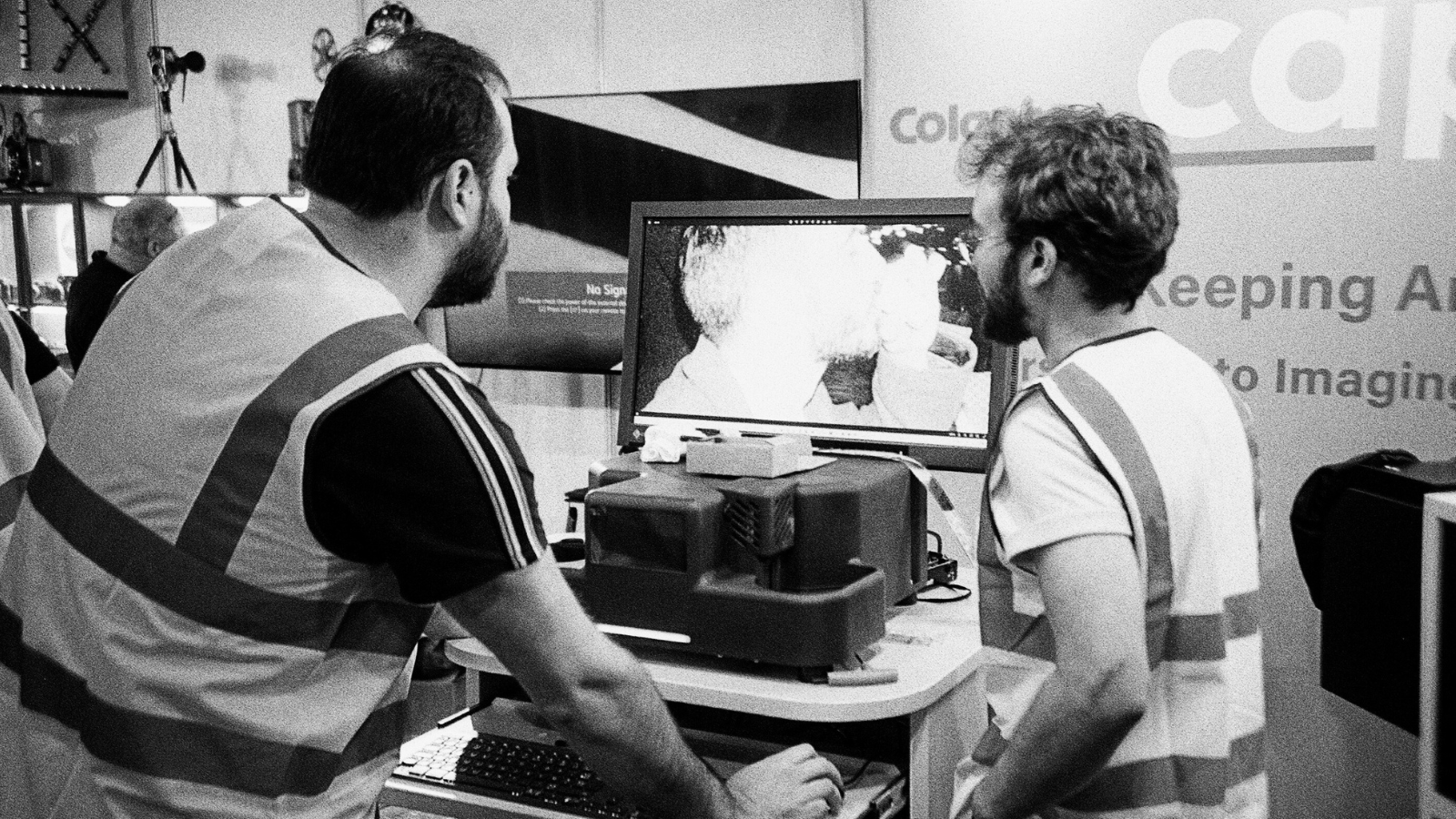
The Aura Film Scanner: the future?
By Paul McKay
As I continue to reflect on The Photography Show, I think it's worth dedicating some writing time to the Aura35 film scanner that I saw for the first time in person! This is an innovation promising to forever change the way that commercial labs scan customer negatives. And while it's not ready - yet - it won't be long before a lot more people know about these beautiful devices! So let's have a look...
What does the Aura35 promise?
Developed by AURA Lab, the Aura35 scanner represents a significant leap in scanning technology. When complete it will be able to offer unparalleled speed, exceptional image quality, and a user-friendly interface that promises to transform the task of film scanning into a joy rather than a chore for lab technicians around the world.
Designed to revolutionise the digitisation process, it boasts a remarkable capability to process large volumes of film with astonishing speed. The Aura35 can scan at a pace that is 60 to 80 times faster than traditional devices, achieving similar resolutions without sacrificing quality. This incredible speed not only maximises productivity but also significantly reduces the need for frequent human intervention, streamlining the entire digitisation workflow.
With such efficiency, the Aura35 scanner could become a pivotal tool for professionals who require quick turnarounds without compromising on the detail and integrity of the original film. It’s an ideal solution for archives bursting at the seams with film waiting to be digitised, and for businesses like our own photo lab looking to offer their clients a faster, more reliable service.
Quality and technology
At the heart of the Aura35's groundbreaking speed and efficiency lies its new image capture system. With a resolution capability of 4000 DPI, the scanner brings out the finest details in every frame, making each scan a true reflection of the original film's quality. Innovations like the antistatic ionising brush and digital dust removal - even for Black and White film! - ensure that scans are not only high in resolution but also free from common blemishes that can detract from the image's overall clarity.
Colour fidelity is another cornerstone of the Aura35, thanks to its advanced colour management system. This system ensures that the vibrant hues and unique grain of film are faithfully reproduced in the digital output, hopefully capturing the essence of every scene just as the photographer intended.

For professional labs
As I spoke to the team it was clear they understood the importance of durability in professional equipment. And from what they showed me, the Aura35 is built to last! It incorporates standard components known for their long life and easy availability, ensuring that maintenance is straightforward and the scanner remains operational for as long as possible.
The Aura35 is also modular, designed to grow with your needs. Its software and hardware can adapt to increased workloads or new film formats - starting with 35mm film - ensuring that it remains a vital part of your workflow for years to come. Continuous software updates are promised, providing enhancements and new features that keep the scanner at the cutting edge of technology.
There were some early issues with the live demonstration at the Show scanning Kodak Tri-X 35mm, but I trust that's down to the unique challenges of live scanning without reliable electricity, light or dust management!
Technical specifications
Here's a summary of the key facts. It made my lab manager Max salivate 😂 And as a trained physicist I got excited at using 'dark field' technology!
| Specification | Detail |
|---|---|
| Resolution | 4150 DPI optical, 24MP for 24x35, HD capture for lower resolutions |
| Film Types | 35mm film (Colour/B&W, Negative/Positive), Unlimited view width |
| Dusting | Integrated ionizing brushes, Dark field and AI technology |
| Imaging Sensor | Quadlinear CMOS sensor, 4096 pixels, 12-bit RGB + Infrared |
| Imaging Optics | Apochromatic industrial optics, optimized for flat field |
| Light Source | RGB and Infrared LED, Visible dark field lighting |
| Focus | Factory fixed, user or technician adjustable |
| Scan Time | ~20 seconds for 36 frames at full resolution |
| Dynamic Range | 3.6 (72dB), HDR capture available |
| Sustainability | Designed for easy repair and upgrades with standard parts |
Personal thoughts
I was super-impressed by the team behind the machine. They've been working on it for years and clearly understand - deeply - the needs of modern commercial labs as well as the technology they're using.
What the Aura35 promises is astounding. In one moment it could drag our film lab's equipment 20 years forward in terms of technological innovation and results.
The idea that it will reduce the time taken to scan - therefore unlocking my lab techs from the scanning desks so they can spend more time on the important processes for helping customers realise their vision - that's really exciting.
If it can fulfil its promise on reliability, downtime and compatibility with modern tech stacks then that's even better. I can't wait to see the results on a pro film like Portra 400 35mm.
Bravo!
Ready to dive in?
Keep Reading
View all
Another award for our lab: Photography News 2025!
We're delighted to share the news that our film lab has won the Editor's Choice award from Photography News for 'Best Processing Lab'!
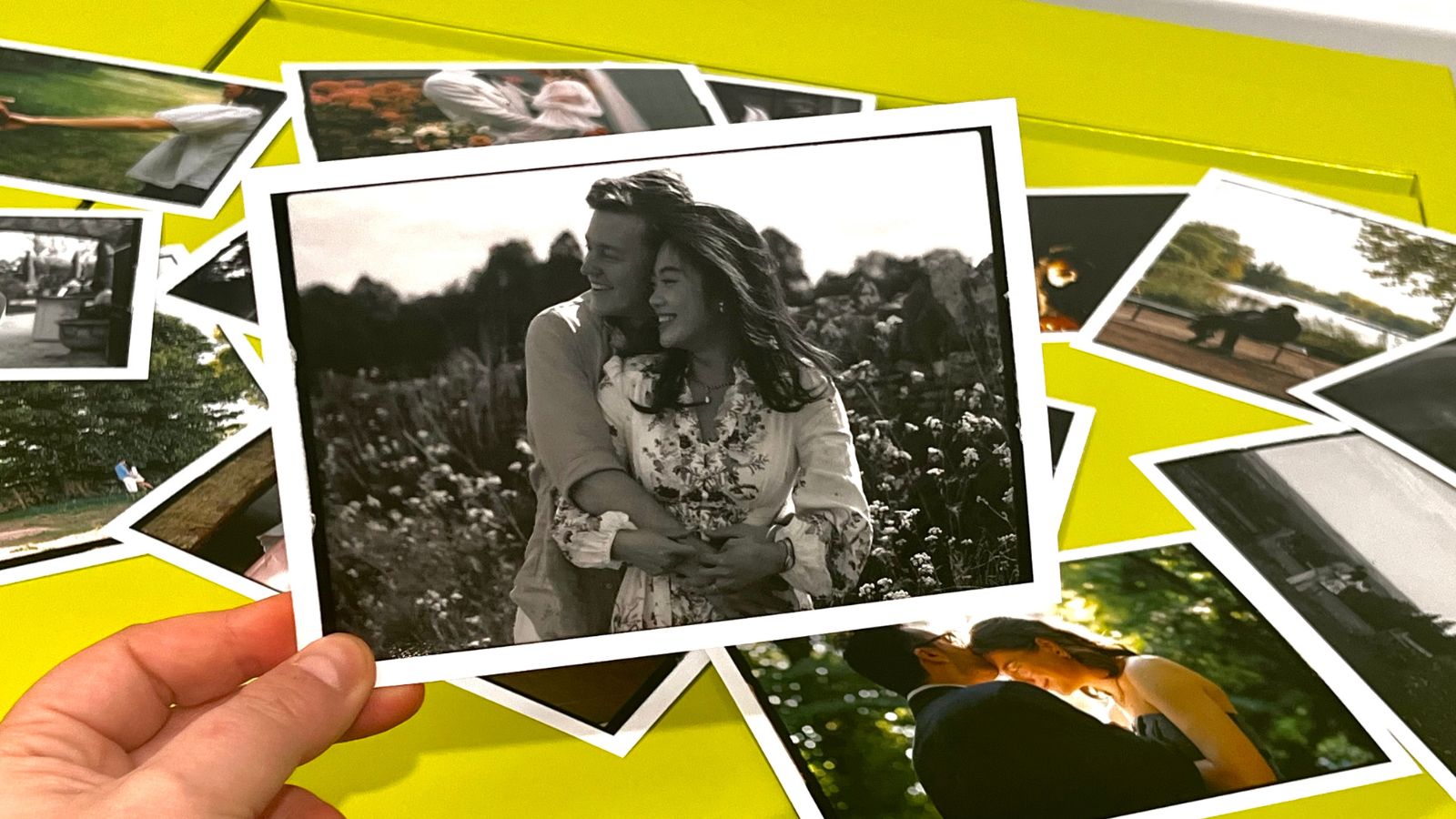
Valentine’s Day Photo Prints Made Personal: From Fleeting Moments To Lasting Memories
Turn your favourite memories into tangible keepsakes to gift your loved ones this Valentine's Day, with professional photo printing at our Analogue WonderLab! Cherish, share, and frame your special moments with care, thoughtful curation, and beautiful, personalised presentation.
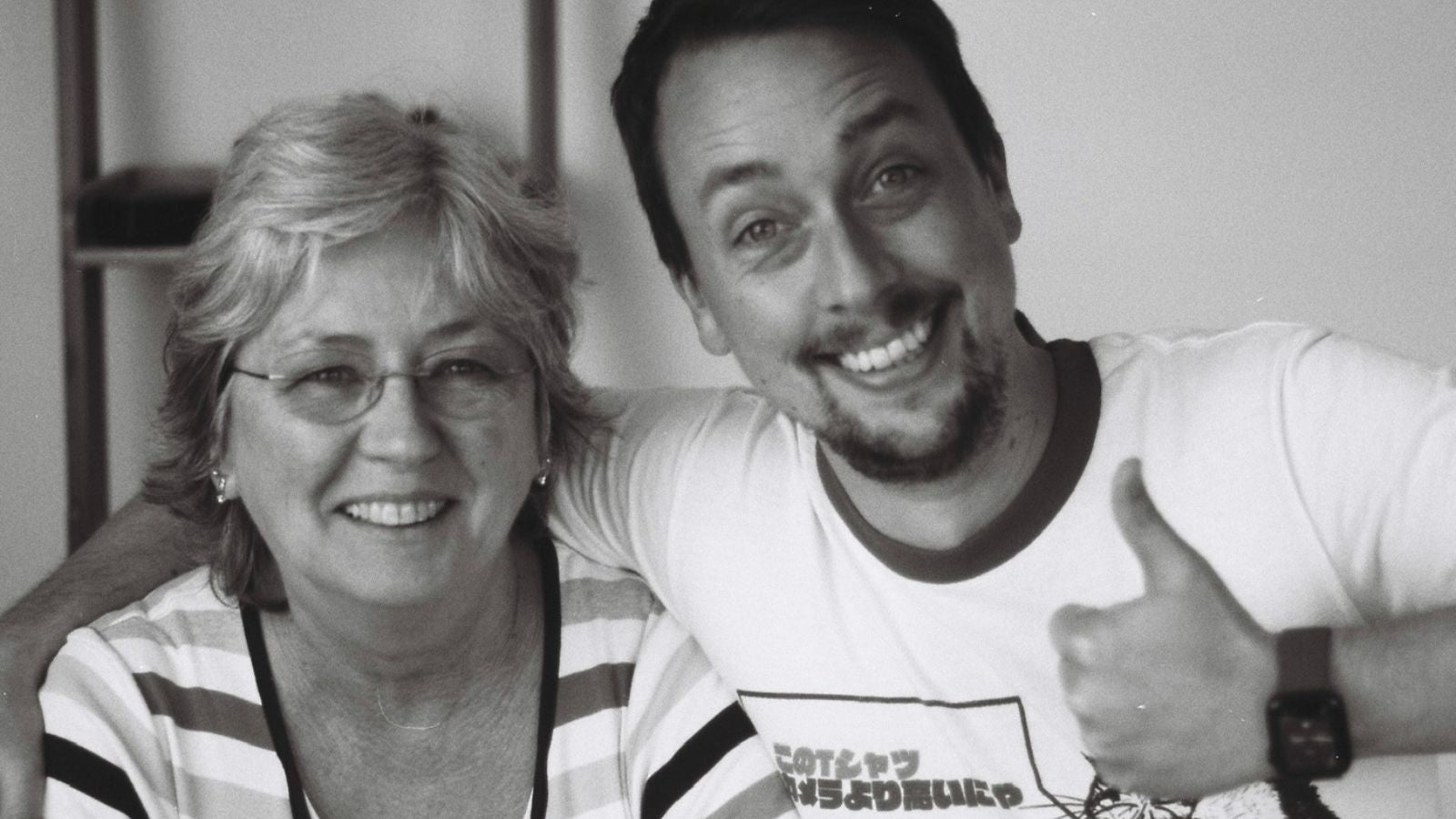
AW Improvement and Changes for 2026 💪🏼
See how we're going to improve our pricing, loyalty scheme, lab timings and much more in the coming weeks!
Subscribe to our newsletter 💌
Sign up for our newsletter to stay up to date on film photography news, sales and events:
Free Tracked Shipping
On all UK orders over £50
Passion For Film
An unbeatable range and an on-site lab
Our Customers Trust Us
Thousands of independent 5* reviews
All Deliveries are Carbon Neutral
Independently audited and verified by Planet
- Opens in a new window.


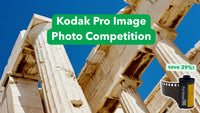


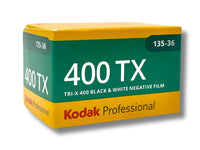
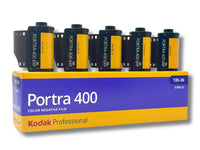
2 Comments -
Brian • -
Ben Gorman •
Looks amazing! I’ve been looking at machines such as the ones from Negative Supply as my Fuji SP3000 recently broke down and I feel something more modern, with replaceable parts, and not-so-spenny engineer call-out charges.
What’s the price on one of these bad boys? Their website doesn’t really give any hints from what I can see.
I would welcome the option to receive 16-bit Tiff scans from black and white and colour negatives, containing the fill 12-bit RGB information from the scanning sensor.